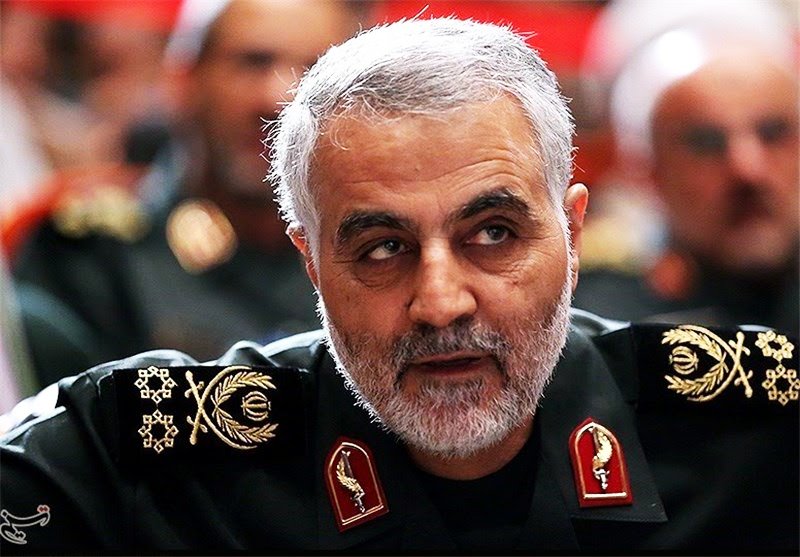
“The crisis will have a negative impact on Afghanistan, and Pakistan’s efforts in this regard could be undone,” said Qureshi while delivering a policy statement during the Senate session in Islamabad.
“Some elements, who have long been awaiting for this [kind of] moment, may take advantage and try to derail the Afghan peace process,” he further said without naming any individual, group or the country.
In December 2018, Pakistan arranged rare direct talks between Washington and the Afghan Taliban, paving the way for a negotiated settlement of the conflict.
The process, however, is still awaiting a breakthrough, as the Taliban have turned down repeated calls for inclusion of the Kabul government in the talks.
Pakistan won't take sides in Iran-US ‘confrontation’
Islamabad also facilitated the landmark first round of direct talks between the Afghan government and the Taliban in Islamabad in July 2015, but that process broke down after the Taliban announced the death of their long-time leader Mullah Omar, triggering a bitter power struggle within the militia.
Walking a tight rope
Reaffirming that the country would not let its soiled to be used against any other country, the foreign minister said Islamabad is walking a tight rope to maintain its neutral role.
“On the one hand, we have historical and brotherly relations with Iran, while on the other, our millions of people are working in the Gulf states. We have to be very careful. We have to maintain a balance to protect our own interests.”
He feared that the mounting escalations might further ignite the conflict in Yemen, which could result in increasing attacks on Saudi Arabia by Houthi rebels.
Also, he thought, Hezbollah might propel rocket attacks on Israel.
The repercussions of Soleimani’s killing, Qureshi opined, could be more severe than the 2011 raid that killed Al Qaeda leader Osama bin Laden in Pakistan and the 2019 killing of Daesh/ISIS terrorist group’s chief Abu Bakr al-Baghdadi.
“This specific act by the US has ignited the situation in the region, which may affect Pakistan as well,” he added.
1732762837-0/Taylor-(3)1732762837-0-405x300.webp)
















COMMENTS
Comments are moderated and generally will be posted if they are on-topic and not abusive.
For more information, please see our Comments FAQ